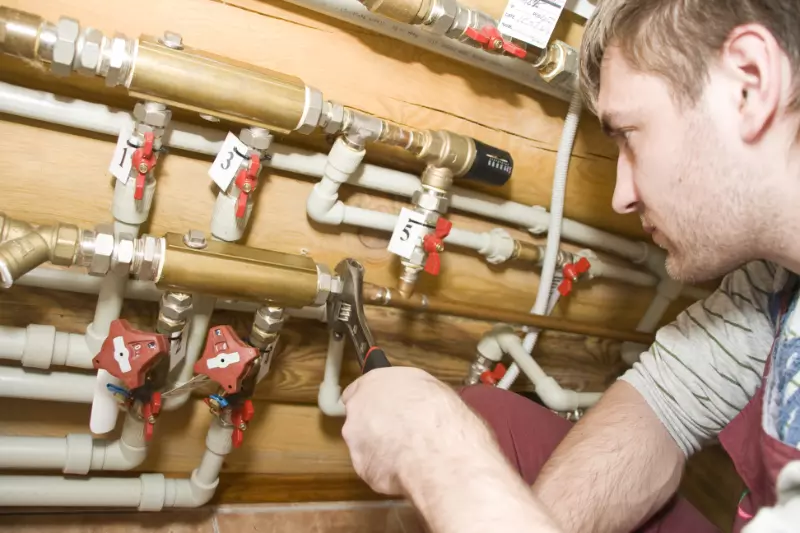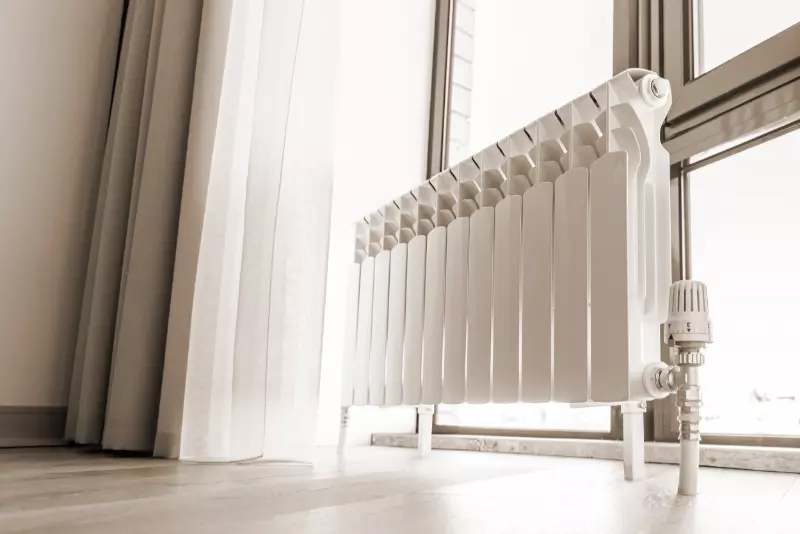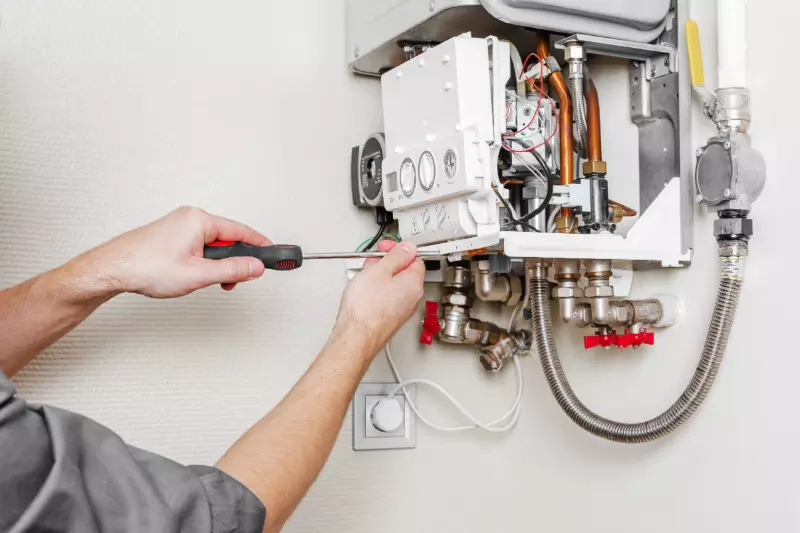Have you been asking: Why is boiler efficiency important? We look at what is boiler efficiency and how boiler efficiency can lower your heating bills.
What is Boiler efficiency?
Boiler efficiency is the measurement of the relationship between the energy input and energy output of a boiler system. This ratio is displayed as a percentage and is used as a way to assess the performance of a boiler and a burner as a means to figure out the fuel costs of your boiler equipment investment.
In reality, the ongoing fuel usage costs are one of the most important major portions of your investment, even more in fact than your initial capital expense. This is why it is so important for you to fully understand boiler efficiency so that you can make vital strategic business decisions about all your equipment. In many cases, even a few small percentage points can make a huge difference.
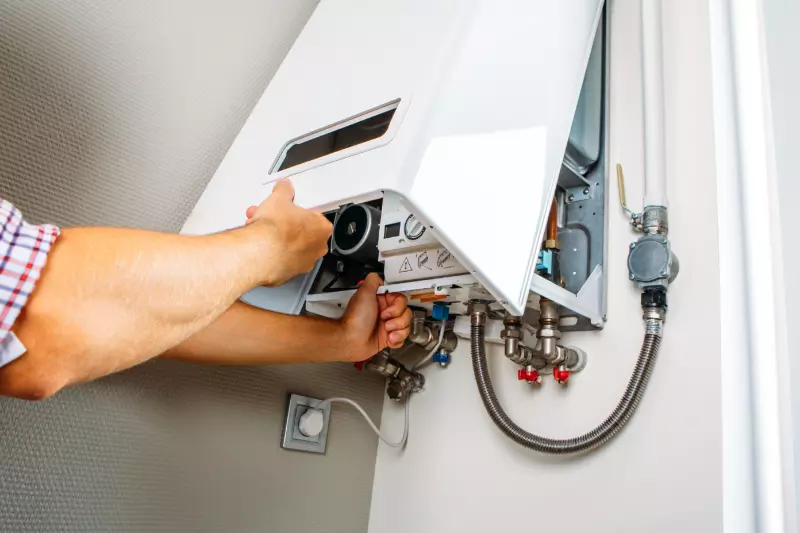
Why is boiler efficiency important?
The reason why boiler efficiency is so important all comes down to the simple fact that when boilers are more efficient, they use much less gas. This then reduces overall fuel costs, as well as reduces greenhouse gases.
This has always been of great importance and benefit to the bill payer, in addition to the environment, but having full knowledge of this and understanding, it has, over time, become more and more important to the heating engineer.
This is all because the industry is changing in major ways. In 2019, the government in the UK passed laws in order to end the country's contribution to global warming by 2050. This means that our greenhouse gas emissions need to be at a net zero within the next three decades.
How boiler efficiency is measured
As a customer, you don't necessarily need to understand all of the technical sides of how boiler efficiency is calculated, but it is at least worth it to learn the basics because it can have a large impact on the amount you are paying on your bills each month.
In order to calculate the boiler efficiency, what you need to do is divide the total energy output of the boiler by the total energy input given to the boiler. This figure is then multiplied by a hundred.
The equation should look like this:
(Energy output) / (Energy input) X 100
Benefits of an efficient boiler
To put it simply, there are absolutely zero downsides to replacing your old unreliable boiler with a shiny, new, more efficient model. This will help lower the heating bills in your home and make your property more comfortable to live in. Of course, it will lower your carbon footprint too.
Lower heating bills
Using an efficient boiler uses much less fuel than other less efficient models. This means that your boiler will not need to work as hard in order to keep your home warm, and this has a huge impact on keeping your heating bills to an absolute minimum.
More reliable heating
One more benefit of using less fuel in order to achieve the same level of heat as an inefficient boiler is that your home will be able to warm up at a much faster wait. This means no getting up, especially early in the winter months, so that you can ensure that the house isn't freezing cold for hours on end.
Better for the environment
Transforming fuel into more heat for the home means that you are emitting much less dangerous carbon into the atmosphere. The raised levels of carbon in our planet's atmosphere are one of the leading causes of climate change, which means that a more efficient boiler is fantastic news for the environment.
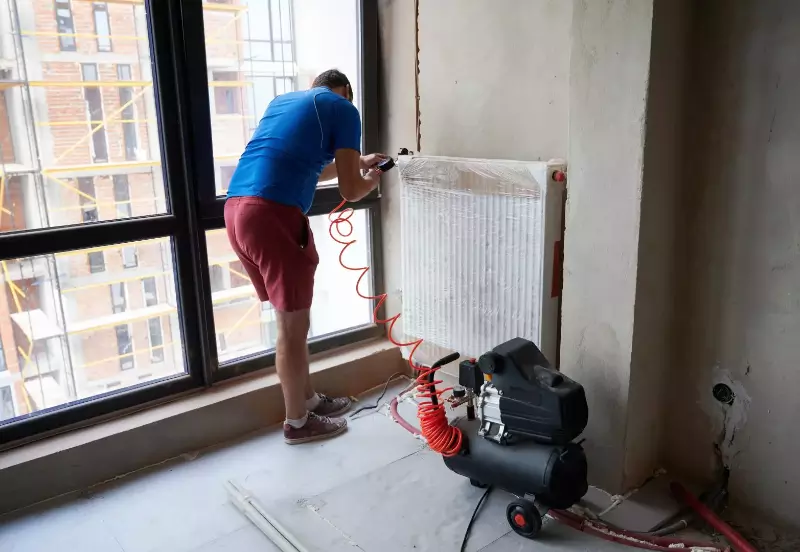
Reliable Heating
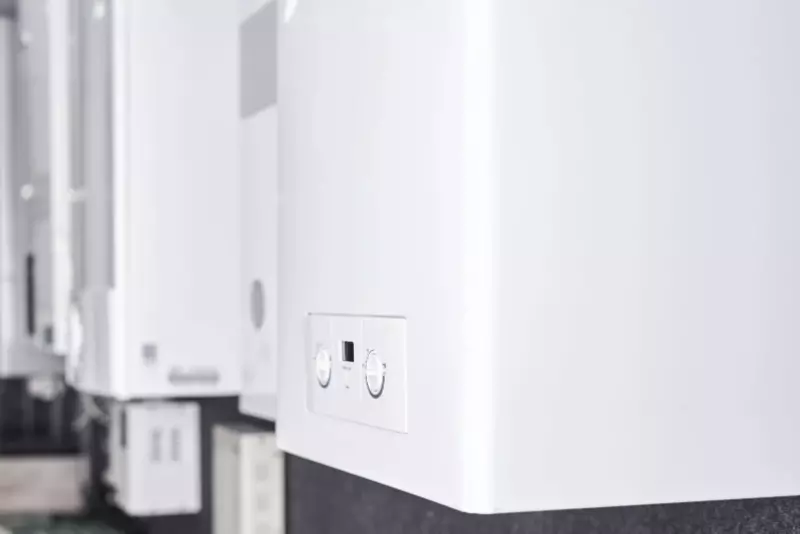
Lower Heating Bills
What is ErP?
The Energy Related Products Directive, also known as ErP, was created as part of the EU's plans to phase out inefficient appliances. ErP applies to all of the residential and commercial heating products within Europe, and it has two key benefits.
- Firstly, clear energy labelling ensures that consumers know which products are the most energy efficient. This means that when shopping, they can make an easier decision based on saving money on their energy bills and lowering their carbon footprint.
- Secondly, the ErP introduces a selection of new regulations for manufacturers known as ecodesign. This means that products such as boilers need to meet energy efficiency standards before they can legally be sold. Any boilers that do not meet the necessary standard can not be either manufactured or purchased.
Under ErP rules, boilers need to be labelled with their energy efficiency level going from G (the least efficient) to A+++ (the most efficient). Boiler manufacturers and retailers are the ones responsible for making sure that their products are labelled correctly. In addition to this, the installer who fits the new boiler needs to assess the energy efficiency of the entire heating system. So, for example, if the engineer fits an A-rated boiler with smart thermostat controls, then these controls should boost the efficiency of the total system, and the engineer will need to give you a rating for both combined.
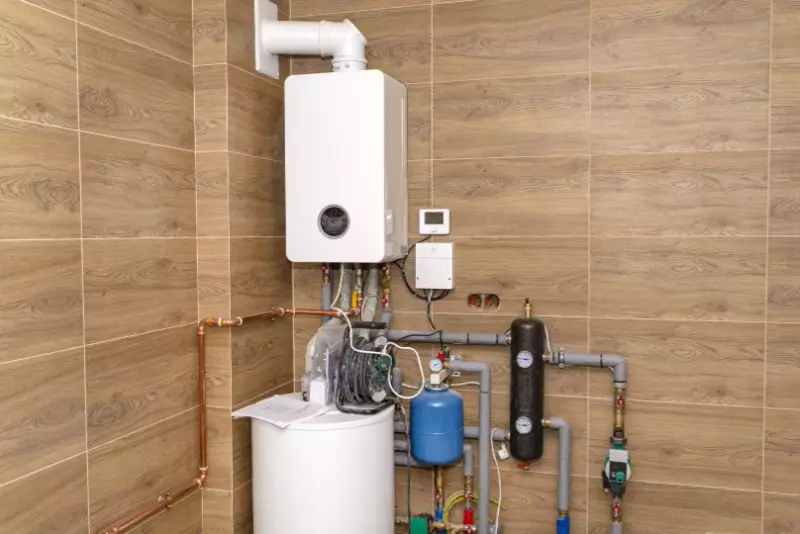
What is SEDBUK?
When ErP ratings were first introduced, they were a replacement for SEDBUK. This stands for the Seasonal Efficiency of a Domestic Boiler within the UK, and the system gives boilers an efficiency grade from A all the way down to G.
Although this system has been replaced, there are many boiler manufacturers that still choose to display the SEDBUK efficiency rating of their boilers.
What is Boiler Plus?
On the sixth of April, 2018, the Department for Business, Energy and Industrial Strategy (also known as BEIS) introduced the system known as Boiler Plus. This system had been designed in order to increase the efficiency of UK homes by making sure that all new gas boiler installations met specific requirements.
In order for a gas boiler to meet the Boiler Plus requirements, it needs to be at least 92% efficient, going by the ErP scale. The boiler also needs to include time and temperature controls, as well as include one of the following: weather compensation, load compensation, flue gas heat recovery or smart controls.
What is the efficiency of my existing boiler?
Condensing boilers became completely mandatory in 2005. If your home's boiler is less than 15 years old, it will be labelled as A-rated. But due to the majority of condensing boilers still being set up to run like they are non-condensing boilers, the efficiency level is likely to be in line with the older style of the boiler. See below:
Over 25 years old: 60-70% efficient
20 years old: 75% efficient
15 years old: 80-85% efficient
10+ years old: 80-85% efficient
The best ways to make your boiler more efficient
Ensuring that your boiler is healthy and running efficiently will allow it to heat your home more reliably and have less of an impact on the environment. Below is a list of some great tips that you can carry out in order to make your boiler more efficient.
Annual boiler service
Going through an annual boiler service on a regular basis is absolutely key if you are hoping for your boiler to run at its most efficiently and effectively for as long as possible.
The process of a boiler service involves a gas-safe registered engineer coming to check and test your boiler. In many ways, the process is similar to how a car needs to have an MOT each year. If you are a user of an oil boiler, then you will instead need to have an OFTEC technician carry out the service on your boiler.
Bleed the radiators
Making a conscious effort to bleed your home's radiators every so often will keep them running at their most efficient. Gradually, over time, air can find its way into the heating system and lead to blockages being formed.
This will then mean that the top half of the radiator is much cooler than the bottom due to air rising. By bleeding the radiator, you are giving the air an escape route out of the heating system so that the hot water can just circulate around the radiator with no issues. Your boiler will then not need to work so hard to achieve the desired level of warmth.
Keep an eye on the water pressure
Having sufficient water pressure should allow the boiler to run efficiently. If the boiler pressure drops, then the system will have to work much harder and use up additional fuel in order to heat your home. You can always check the pressure of your boiler by looking at the pressure gauge.
Commonly, the gauge should show between the 1 and 2 bars. But it is always wise for you to check the boiler manual for what the manufacturer recommends. Over time boiler pressure can slowly decrease. It can also drop suddenly due to a water leak or a recent radiator bleed.
Insulate cylinders & pipes
Ensuring that your property has been well-insulated needs to be a top priority when you are looking to make your home warmer and keep your heating bills at a minimum. But something that is often overlooked when going through this process is the insulating of the cylinder and the pipes. If you have a combi boiler installed in your home, then you will not have a cylinder, but anyone, either a system or a regular boiler, will have a cylinder.
Wrapping the cylinder with insulation should keep the hot water inside warmer for a longer period of time. This will then mean that your boiler will not have to go through the process of heating up the water so often, which will in turn, reduce the amount of energy usage.
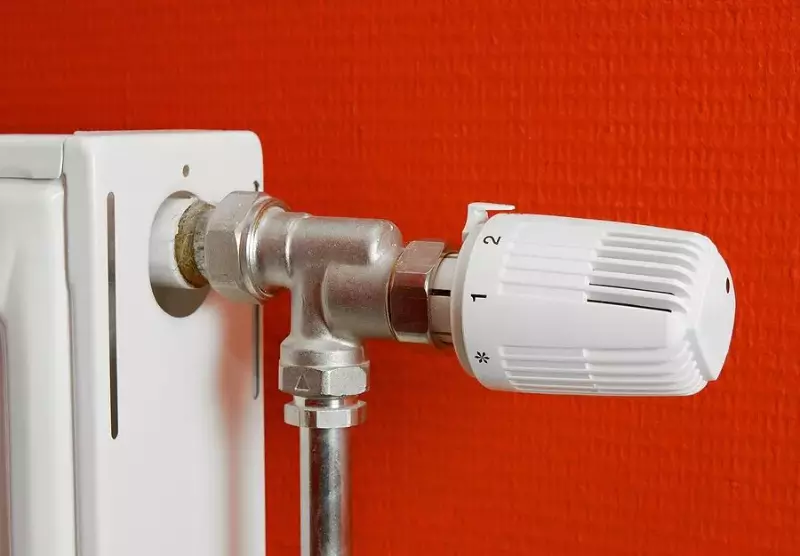
Bleeding Radiator
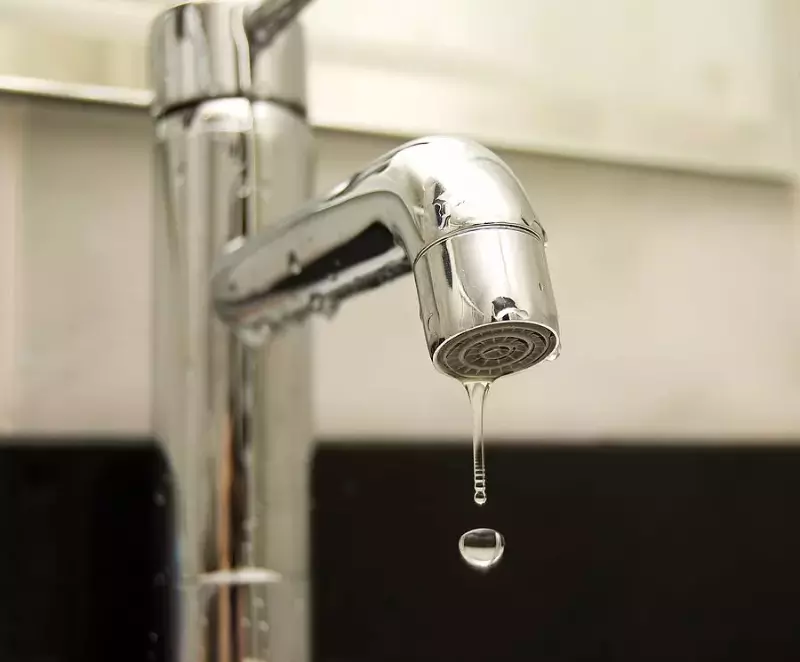
Water Pressures
Which are the most efficient boilers?
All boilers need to be A-rated with factory-tested efficiencies of between 92-94% on the ErP scale or higher. Once the boiler has actually been set up and is being used, this number is very rarely achieved.
This is because the boiler is only one part of the heating system, and the entire system needs to work together efficiently in order to for the boiler to reach an efficiency level of 90% or more.
The boiler needs to be right for the job, but so does the installer. Even the best boilers on the market are only as good as the installer who is fitting them. Below is some guidance when it comes to this topic:
Every boiler operates within a range, for example, between 3-30kW or 8-24kW. The lower the minimum end of that range is, the more efficiently the boiler will be able to operate all year round.
The majority of UK homes need to be between 6-8kW on a very cold day and much less for the rest of the year, but you will find that most boilers are much bigger than this. It is important when your boiler is being installed that the engineer reduces the maximum output of the boiler.
New boilers can change their output to be lower or higher in order to meet the temperature as it changes around them. This is highly efficient, but only once it has been paired with a control that is able to speak the same language. This is important for getting the most out of a new boiler.
If you get this part of the process wrong, then everything else with the boiler will just fall down around it. Unfortunately, this is the most difficult part of the boiler installation process to achieve as a lot of installers have not been properly trained on modern boilers and how to set up a condensing boiler correctly. Before you have your boiler installed, be sure to look around to find the best local engineer possible.
Ask them about their training and whether they understand how to set up a condensing boiler correctly. An incorrect set-up condensing boiler can lead to your efficiency rating plummeting and your household wasting a lot of money. When it comes time to have your new boiler installed, be sure to make the right decision and find an engineer that can do your new boiler justice.
Plumb and Heat Hernebay provides the best boiler repair and servicing in and around Herne Bay and Kent. Whatever you require, our professional team can assist you with everything from small repairs to installing a completely new boiler.
